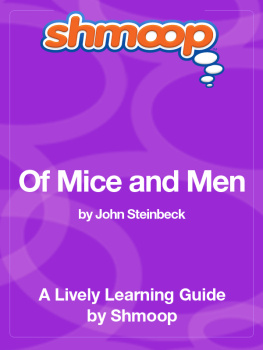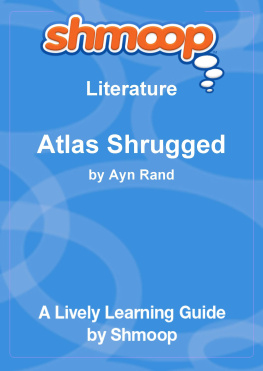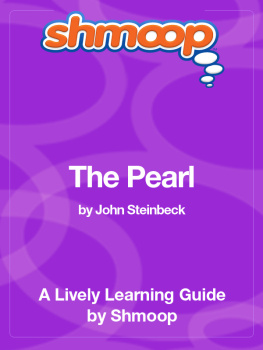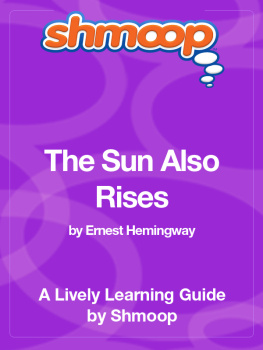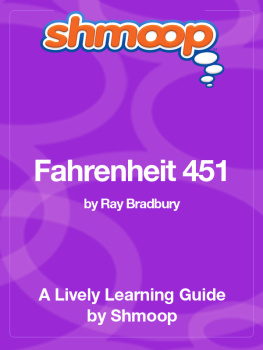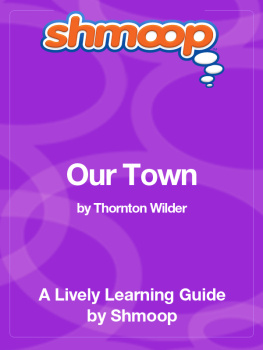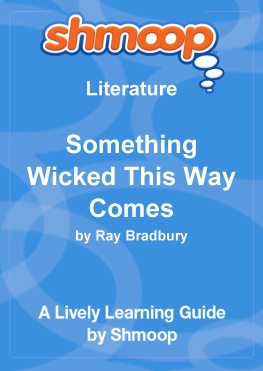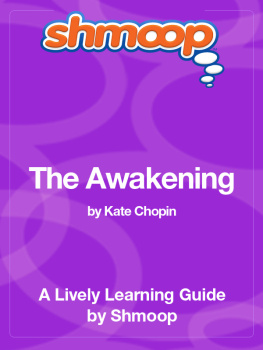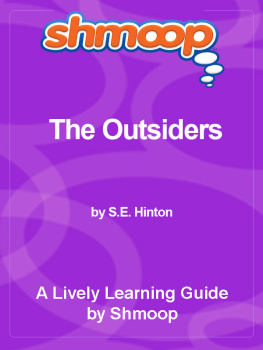
Table of Contents
In a Nutshell/Overview
Of Mice and Men, published by John Steinbeck in 1937, is set in the Salinas Valley of California during the Great Depression. In 1936, Steinbeck took a journalistic assignment for the San Francisco News, investigating the migrant working situation in California. The stories and circumstances he discovered are reflected in Of Mice and Men. The novella's two main characters, George and Lennie, embody the American struggle to survive the Depression, but the novella is timeless because it captures the personal isolation and suffering present in the land of opportunity.
Of Mice and Men is more than a little book about a certain time and place; it covers friendship and sacrifice, not to mention a healthy dose of the bittersweet futility of holding onto dreams. Even as Steinbeck was reworking the text as a play script, he was developing its broader themes and context for his masterwork Grapes of Wrath. Of Mice and Men can be thought of as a sketch for that great painting, though it still stands alone. For its stark and unflinching observations, this is one of Steinbeck's best-loved pieces - and a significant contribution to his Nobel Prize in literature.
Why Should I Care?
Top Five Reasons You Should Care- Of Mice and Men is a frequently banned book. Teachers, parents, and school board members have often taken this novella off the required reading list. Why? If you've read it, you can guess. There's a considerable amount of killing and violence. The characters all swear a lot, talk about sex, and go to brothels once a week. Many characters are racist and ageist and sexist. The book's ending is beyond sad, and might be considered an endorsement of euthanasia. Not to mention, its message isn't exactly praiseworthy of the American way of life.
- It asks, and pretty much answers, all the big questions. According to Of Mice and Men:
- Does prejudice suck? Yes.
- Are we all prejudiced? Yes.
- Are we each responsible for the welfare of other people? Yes.
- Is killing someone ever OK? Yes.
- Is euthanasia preferable to a living Hell? Yes.
- Are men and women different? Yes, and then again, no.
- Is sex scary? It can be. Even when it costs $2.50. Especially when it costs $2.50.
- Is having a dream a bad idea? Maybe yes, if you're within certain groups of our society.
- Is this the opposite of the American Dream? Well, now that you mention it...
- Of Mice and Men is risky, controversial, and modern. It says that maybe we're screwed - and not just from global warming, either. It says that our American notions of happiness are messed up, and if we expect perfection, or even fair play, we're in for a sad surprise. Even in a country where we pride ourselves our supposed ability to "pull ourselves up by our bootstraps," there frequently aren't enough bootstraps to go around. And even then, those bootstraps often break.
- It's sweet. Bittersweet. It's about two guys who love each other and struggle against the injustices of the world and their own weak natures.
- It has Lennie in it. That alone is worth the price of admission.
- And how could we forget - it has its own SNL skit, with Chris Farley man-handling the rabbits.
- Did you notice this was more than five reasons? Let this be a lesson to you: never trust a strange headline.
Whats Up With the Title?
John Steinbeck takes the title of this novella from the poem "To a Mouse [on turning her up in her nest with the plough]," written by Scottish poet Robert Burns in 1785. In the poem, the speaker has accidentally turned up a mouse's nest with his plough, and takes the opportunity to wonder at man's separation from the world of animals. Still, the speaker thinks both mice and men suffer from being mortal, so no matter how different "thinking men" and "unthinking animals" seem, they really aren't that different after all - everybody suffers in the end. This thought isn't too far off from what ends up happening to our "thinking man" (George) and his "unthinking friend" (Lennie).
Most critics talking about Steinbeck point you to the seventh verse of the poem:
But, Mousie, thou art no thy lane [alone]
In proving foresight may be vain:
The best-laid schemes o' mice an' men
Gang aft agley, [often go awry]
An' lea'e us nought [leave us nothing] but grief an' pain,
For promised joy.
The seventh stanza is relevant, but you've got to read the whole poem to understand why it relates to Steinbeck's novella. Actually, the last stanza of Burns's poem is probably the most relevant to Steinbeck's novella:
Still thou art blest, compar'd wi' me!
The present only toucheth thee:
But, och! I backward cast my e'e [eye]
On prospects drear! [dreary]
An' forward, tho' I canna [cannot] see
I guess an' fear!
In the above stanza, the speaker realizes the poor little animal is only touched by the present, as she can't think about the past or the future. It's the thinking man, who can look backwards and forwards, that suffers the most from the awful things he's done. This last verse is a nice way to think of Lennie and George's respective fate. Whatever happens to Lennie is done, but George is left to spend the rest of his future thinking of his past deeds.
Writing Style
Straightforward, Colloquial, Unpretentious, Earnest
Steinbeck's writing style mirrors his characters. Of course the author writes as the men would literally speak, but on a deeper level, the language of the book is simple but compelling - just like the characters. Because the language is easy to understand, it's even more extraordinary that it can carry such lofty themes, feelings, and ideas.
Though the characters never gush about each other, it's clear that they feel deeply. Steinbeck achieves this by using simple language to build characters who are more than what they say. For example, while George says he and Lennie just got used to each other, what he's really feeling is that their friendship is the only thing he's ever really had to hold on to. The language, like the men on the ranch, seems simple enough, but it's more "still waters run deep" than "OMG you're my BFFL."
Again, Steinbeck uses his writing style as another means to suggest that every story is important, no matter whose story it is. Though these characters are working class people who don't have access to big vocabularies or grand philosophies, they can still communicate about the things that really matter.
This all comes through in the dialogue that dominates the book, and is only occasionally augmented by the narration. The narrative style can differ slightly from the simplicity of the dialogue (like when the narrator is so effusive in describing Slim), but usually even the narration tells the most gripping stuff in a straightforward manner. When George kills Lennie, Steinbeck lets the language be as stark and straightforward as the act, making it all the more shocking. Part of Steinbeck's brilliance is this subtle usage of language: when he needs to make words sing, he can, but usually he's good enough that the action doesn't seem like it's clouded over with poetry. Instead, it just reads like real life.
Tone
Sympathetic, Realistic, Honest
Steinbeck's attitude toward the subject of his novella is one of great sympathy tempered by realism. Steinbeck contrasts the real world of poverty, limited resources, limiting social roles, human intolerance, and violence with the dream world of freedom, autonomy, wealth, friendship, and loyalty. This stark and unflinching juxtaposition seems an honest attempt to reveal that for some, the American Dream was simply that - a hopeless dream.

